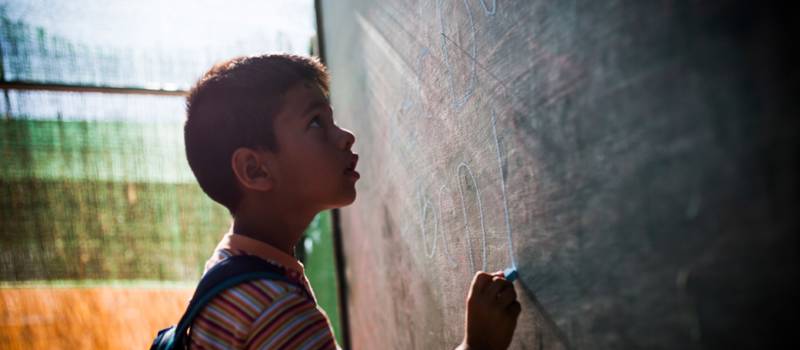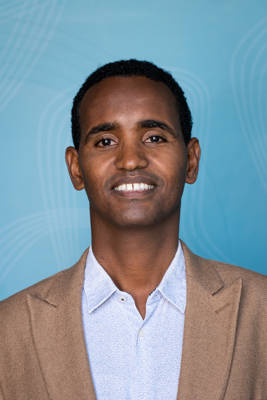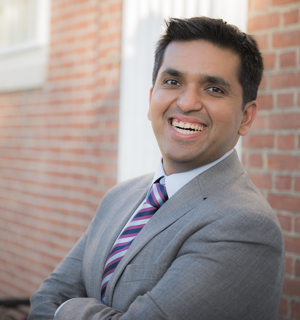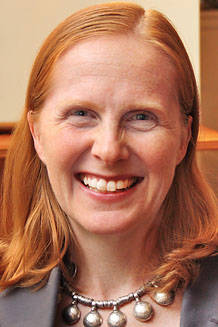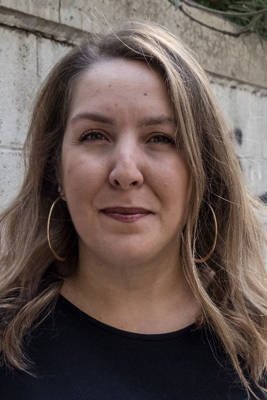Education in situations of conflict and crisis is central in efforts to protect children and youth in the near-term and fostering peaceful coexistence over the longer-term. But how can education enable individuals and communities to build durable futures when there is great uncertainty about where these futures will be?
Recognizing the protracted nature of refugee situations, the latest UNHCR education strategy prioritizes the integration of refugees into the national education systems of host countries. While this strategy may increase refugee children and youth's access to 'inclusive and equitable quality education' (SDG4), it fails to recognize the limbo in which refugees find themselves: they are non-citizens who cannot access the durable futures that education promises them.
REBuilD challenges existing paradigms of education for development, which are centered on nation-states, in three ways. First, it examines the roles of private and civil society actors as well as national governments. Second, it studies the transnational dimensions of education that is not provided by the host state, including the role of diasporas and social media. And third, it analyses the impact of models of education that focus on civic skills and identities both within and beyond the nation-state.
The central research question is: how do different models of education contribute to building durable futures for individual refugees and for their local and transnational communities? This question is answered through interviews, classroom observations, and in-depth engagement with two of the largest refugee communities at present: those who have fled Syria and Somalia. REBuilD is a collaboration between the Peace Research Institute Oslo and Harvard University. The Consortium further includes the University of Nairobi in Kenya and the American University of Beirut in Lebanon. A final partner is PositiveNegatives, who will produce interactive comics for use in classrooms around the world.
